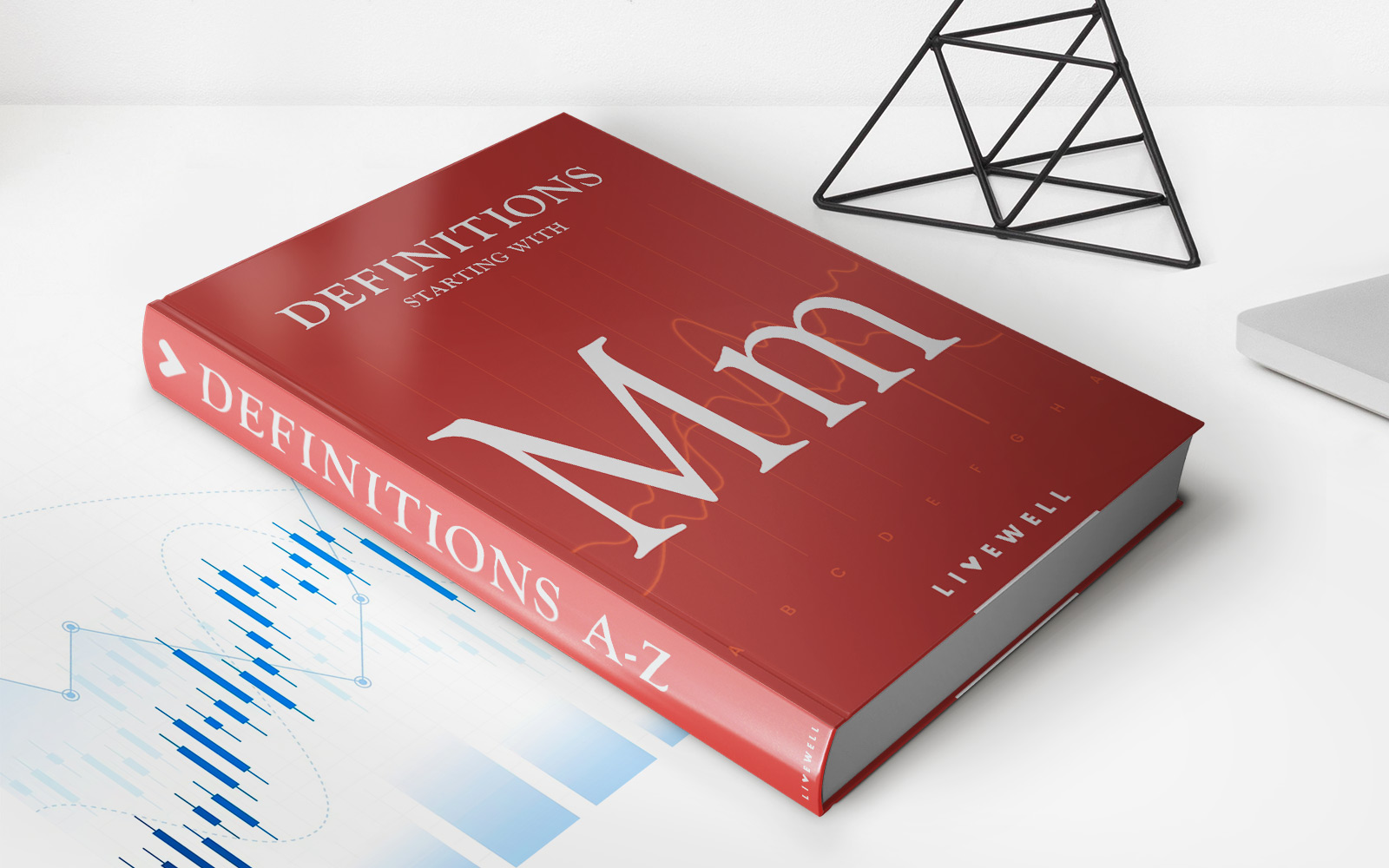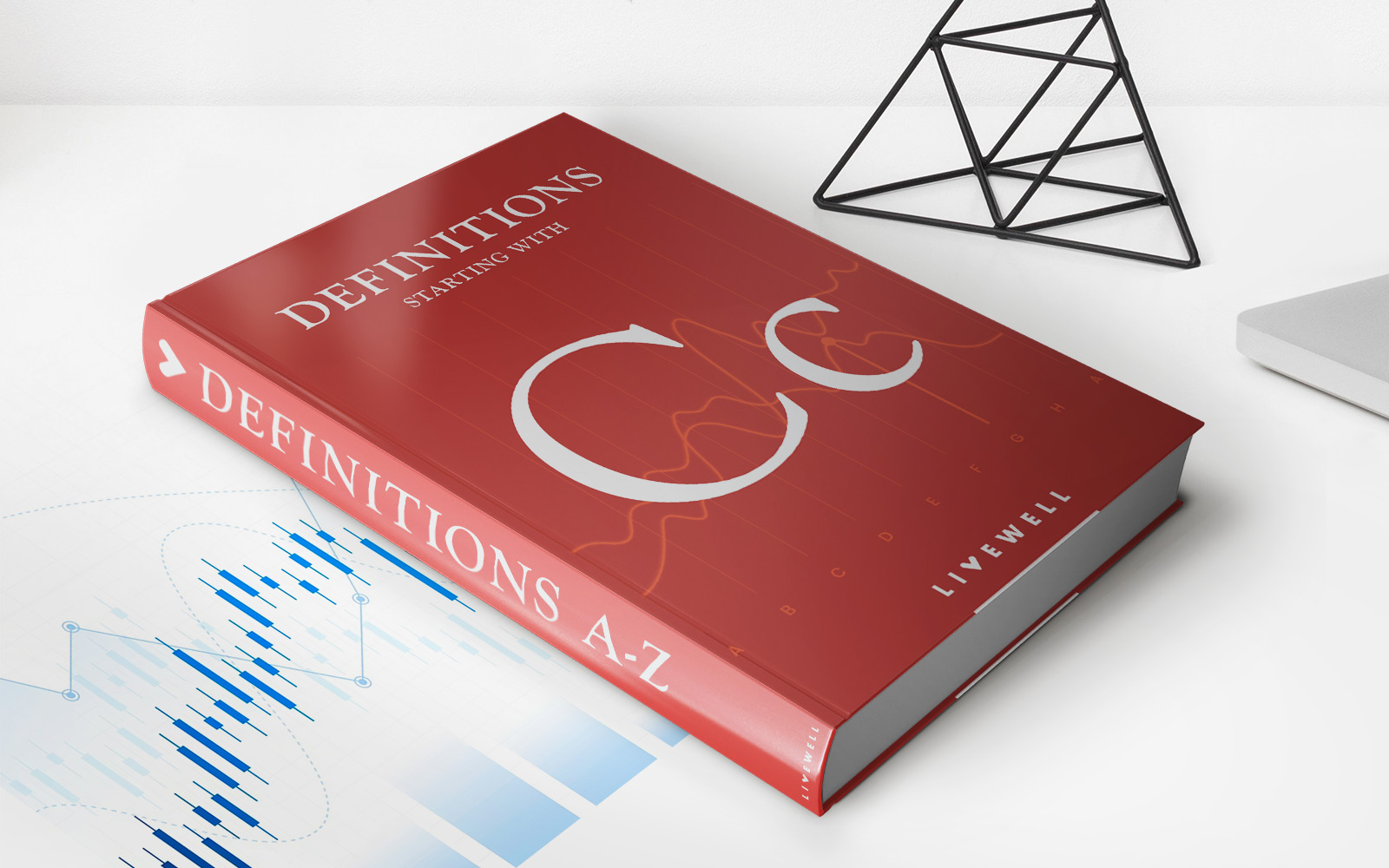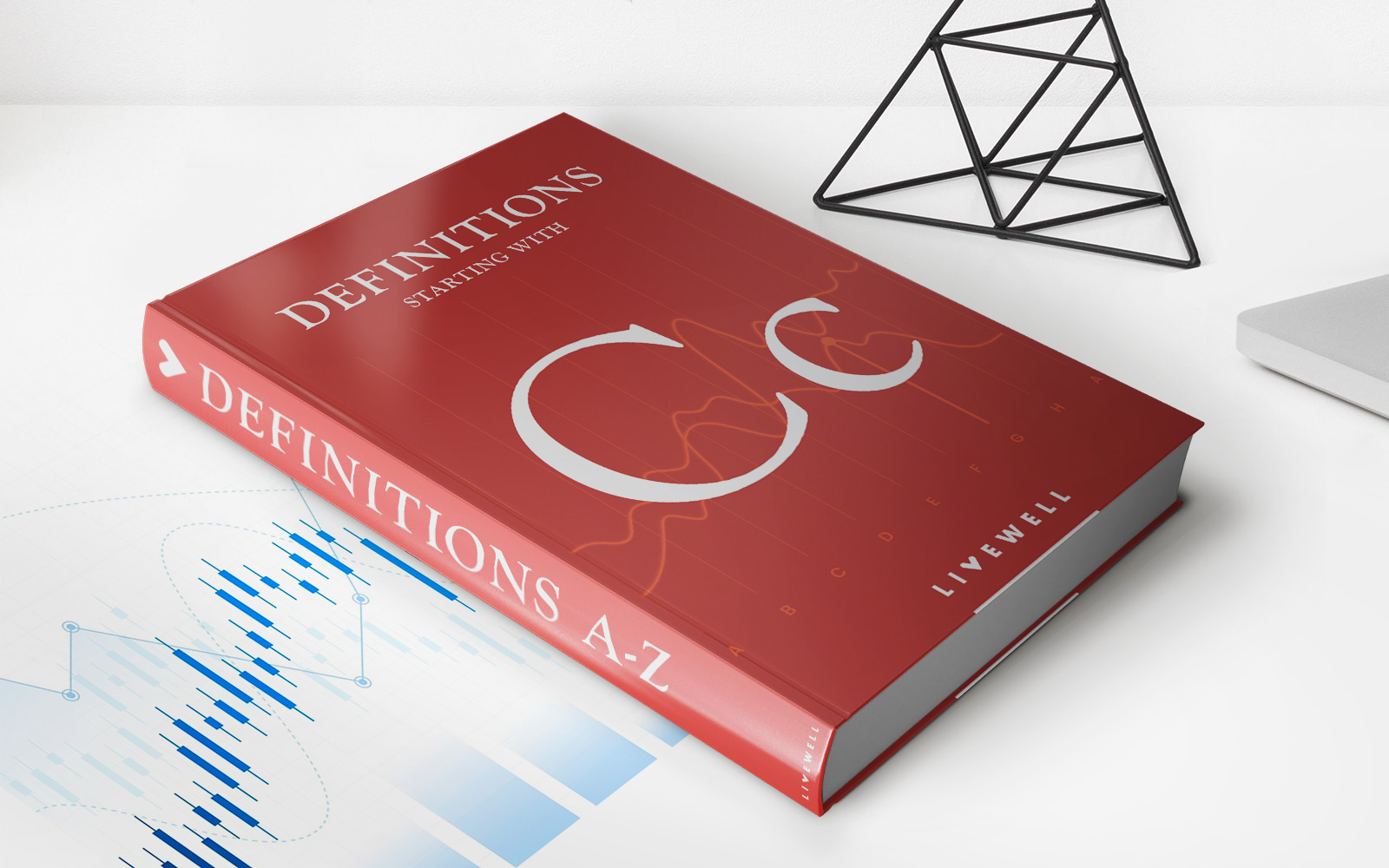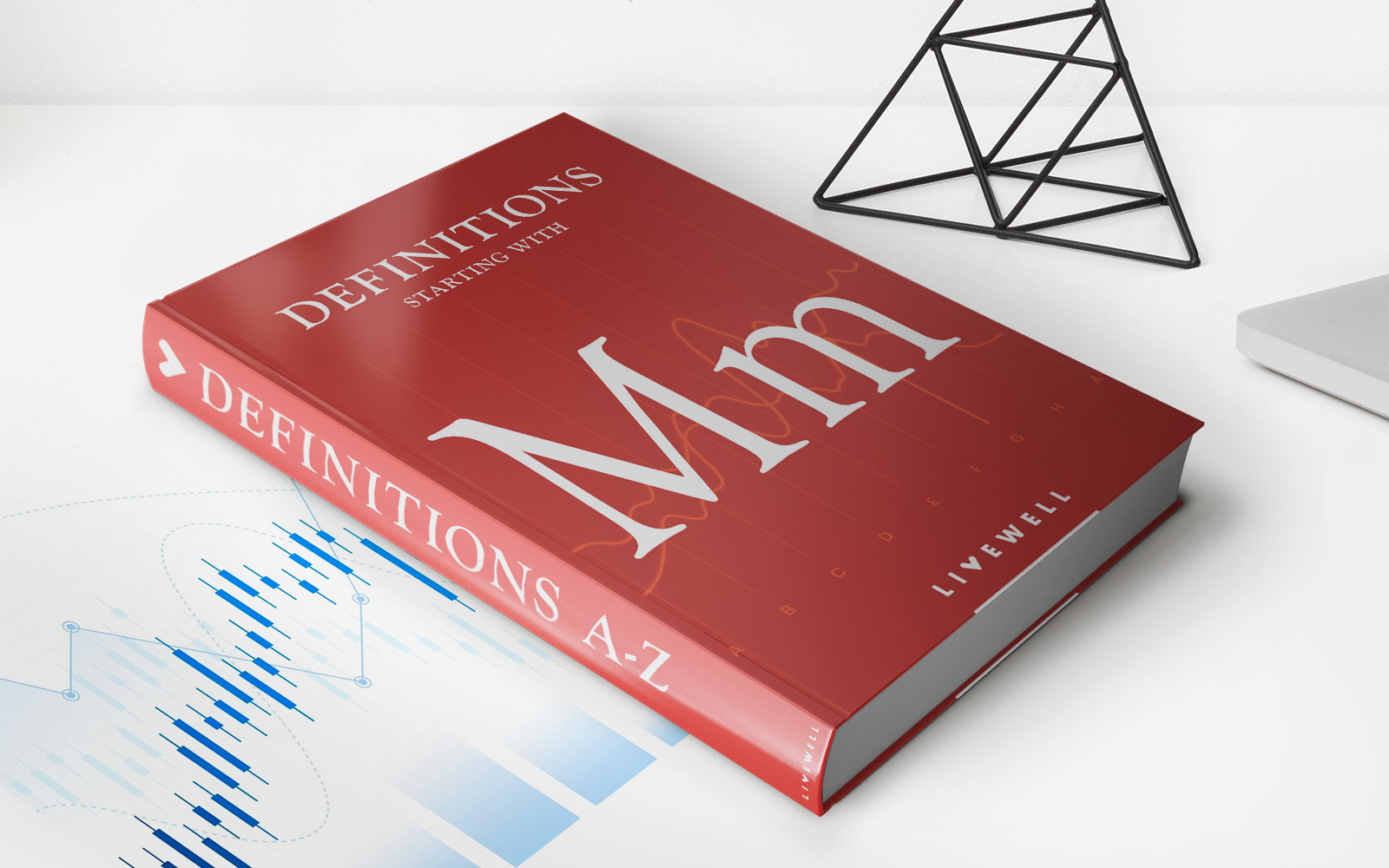Home>Finance>Which Factor Has The Biggest Impact On A Credit Score


Finance
Which Factor Has The Biggest Impact On A Credit Score
Published: October 23, 2023
Discover the key factor influencing your credit score in the realm of finance and learn how it can have a significant impact on your financial well-being.
(Many of the links in this article redirect to a specific reviewed product. Your purchase of these products through affiliate links helps to generate commission for LiveWell, at no extra cost. Learn more)
Table of Contents
Introduction
When it comes to evaluating an individual’s creditworthiness, one of the key factors that lenders consider is their credit score. A credit score is a numerical representation of a person’s credit history and is used by lenders to determine their risk level. It plays a crucial role in determining whether someone can qualify for a loan, credit card, or mortgage, and also impacts the interest rates they receive.
Understanding the various factors that contribute to a credit score is important for anyone looking to improve their financial health. While there are several components that go into calculating a credit score, some factors carry more weight than others. In this article, we will explore the factors that have the biggest impact on a credit score.
It’s important to note that credit scoring models may vary slightly, but generally, the factors we discuss here are applicable to most scoring systems. Let’s take a closer look at each of these factors and how they affect your credit score.
Payment History
Your payment history is the single most important factor that determines your credit score. It accounts for approximately 35% of your overall score. Lenders want to see if you have a history of making payments on time and in full. Missed or late payments can significantly impact your credit score and signal to lenders that you may not be reliable when it comes to repaying debt.
To maintain a positive payment history, it’s crucial to always pay your bills on time. This includes credit card payments, loan installments, and even utility bills. Even a payment that is just a few days late can result in a negative mark on your credit report. On the other hand, consistently making timely payments can boost your credit score over time.
In addition to paying on time, it’s essential to pay at least the minimum amount due. Failing to make the minimum payment can also lead to negative consequences for your credit score. If you’re struggling to keep up with your payments, consider reaching out to your creditors to explore alternative payment arrangements or seek credit counseling.
Another factor that influences your payment history is the presence of any collection accounts or bankruptcies. These can have a significant impact on your credit score and can take years to recover from. It’s essential to address these issues as soon as possible and work towards resolving them.
Regularly monitoring your credit report can help you stay on track with your payment history. By reviewing your report, you can ensure that all your payments are accurately reported and dispute any errors that may negatively affect your score.
Credit Utilization
Credit utilization refers to the percentage of your available credit that you are currently using. It is an important factor in determining your credit score, accounting for approximately 30% of the overall calculation. Lenders consider credit utilization as an indicator of how responsible you are with managing your credit and can impact your ability to obtain new credit.
For a healthy credit score, it is recommended to maintain a low credit utilization ratio. The general rule of thumb is to keep your credit utilization below 30%. This means that if you have a total credit limit of $10,000, you should aim to use less than $3,000 of that credit at any given time.
High credit utilization can suggest to lenders that you rely too heavily on credit and may be at a higher risk of defaulting on payments. Conversely, a low credit utilization ratio demonstrates that you are responsible with your credit and can handle new credit responsibly.
It’s important to note that credit utilization is calculated using both individual credit card utilization and overall credit utilization. If one credit card has a high balance, it can negatively impact your credit score, even if your overall credit utilization ratio is low. Therefore, it’s advisable to keep an eye on the utilization of individual credit lines as well.
To maintain a low credit utilization ratio, consider the following strategies:
- Pay off your credit card balances in full each month, if possible.
- Avoid maxing out your credit cards.
- Spread out your purchases across multiple credit cards.
- Increase your credit limit, but be cautious not to use it as an excuse to spend more.
- Pay attention to your statement closing date. To ensure a lower utilization ratio, make a payment before the statement is generated.
By managing your credit utilization responsibly, you can improve your credit score and increase your chances of being approved for new credit.
Length of Credit History
The length of your credit history is an important factor that lenders consider when evaluating your creditworthiness. It accounts for approximately 15% of your credit score. Generally, a longer credit history is seen as more favorable because it provides a longer track record of how you manage credit.
Lenders want to see a consistent and responsible credit history over time. They use this information to assess your ability to handle financial obligations and make informed decisions about extending credit to you. Typically, a longer credit history demonstrates stability and reliability, while a shorter history may raise concerns for lenders.
If you’re just starting to build your credit, it’s important to establish a good foundation from the beginning. This involves opening a credit account (such as a credit card or a loan) and using it responsibly. Making on-time payments and keeping your credit utilization low are key to building a positive credit history.
If you’ve had credit for a while, it’s important to keep your oldest accounts active. Closing old credit accounts can actually have a negative impact on your credit score because it shortens your credit history. Even if you don’t use these accounts regularly, it’s a good practice to make occasional small charges and pay them off to keep the accounts active and maintain a longer credit history.
In addition to length of credit history, lenders also consider the average age of your accounts. This refers to the average length of time that your accounts have been opened. A higher average account age can positively influence your credit score, indicating a longer history of responsible credit management.
It’s important to note that even if you have a shorter credit history, you can still have a good credit score. Other factors, such as payment history and credit utilization, can have a significant impact. However, as you continue to build your credit history, it’s important to be patient and consistent in your credit management practices.
In summary, the length of your credit history is an important factor in determining your credit score. A longer credit history demonstrates stability and responsible credit management. If you’re just starting to build your credit, focus on establishing good credit habits, and if you have a longer credit history, make sure to keep your oldest accounts active to maintain a positive influence on your credit score.
Types of Credit
The types of credit you have in your credit profile can impact your credit score, accounting for approximately 10% of the overall calculation. Lenders want to see a healthy mix of different types of credit as it demonstrates your ability to manage various financial obligations.
There are several types of credit that can be included in your credit profile. These may include credit cards, personal loans, auto loans, mortgages, student loans, and other installment loans. Each type of credit serves a different purpose and comes with its own set of terms and conditions.
Having a diverse range of credit demonstrates that you can handle different types of financial responsibilities and is seen as a positive factor by lenders. However, this doesn’t mean that you need to have every type of credit available. It’s more important to have a reasonable mix that aligns with your financial situation and goals.
It’s also important to note that the age of your credit accounts plays a role in this factor as well. Having a mix of both new and established credit accounts can be beneficial. This shows lenders that you have experience managing credit over time.
When it comes to managing different types of credit, it’s important to do so responsibly. Make sure to make your payments on time, keep your credit utilization low, and avoid taking on too much debt. Using credit wisely and demonstrating responsible repayment behavior will have a positive impact on your credit score.
Additionally, lenders also consider the total number of credit accounts you have. Having too many credit accounts can be seen as a risk because it may indicate that you are relying heavily on credit. On the other hand, having a moderate number of accounts can demonstrate your ability to manage and keep track of your financial obligations.
In summary, having a mix of different types of credit in your credit profile can positively impact your credit score. It demonstrates your ability to handle different financial responsibilities and shows lenders that you have experience managing credit over time. However, it’s important to use credit responsibly and avoid taking on too much debt.
New Credit
The amount of new credit you apply for and obtain can have an impact on your credit score. This factor accounts for approximately 10% of your overall score. Lenders consider new credit as an indicator of increased financial risk, especially if there is a sudden influx of new accounts or credit inquiries.
When you apply for new credit, it creates a hard inquiry on your credit report. This inquiry indicates to lenders that you are actively seeking additional credit. While a few inquiries may not have a significant impact, multiple inquiries within a short period of time can raise concerns. It may suggest that you are overextending yourself financially or potentially seeking credit due to financial difficulties.
It’s important to be cautious when applying for new credit. While seeking credit for major life events, such as buying a home or a car, is understandable, applying for multiple credit cards or loans within a short span of time can have a negative impact on your credit score. Each hard inquiry can lower your score by a few points, although the impact is typically temporary.
In addition to the number of new accounts and inquiries, the age of your newest credit accounts is also considered. Opening numerous new accounts within a short period of time can lower the average age of your credit history, which may negatively impact your score.
If you’re planning to apply for new credit, it’s important to be strategic about it. Here are a few tips to keep in mind:
- Apply for new credit only when necessary and avoid multiple applications within a short period.
- Research and compare different lenders or credit card options to find the best fit for your financial needs.
- Consider the potential impact on your credit score before applying for new credit.
- Be mindful of promotional offers that may entice you to open new accounts unnecessarily.
- Monitor your credit report regularly to ensure accuracy and address any unauthorized inquiries or accounts.
In summary, new credit applications and inquiries can impact your credit score. It’s important to be mindful of how many new accounts you open and to avoid excessive credit applications within a short period. By applying for new credit strategically and responsibly, you can help maintain a positive credit score.
Conclusion
Understanding the factors that have the biggest impact on your credit score is crucial for managing your financial well-being. By knowing what lenders look for, you can take informed steps to improve your creditworthiness and increase your chances of being approved for favorable loan terms and interest rates.
Payment history plays a significant role in determining your credit score. Making your payments on time and in full is essential for maintaining a positive payment history. Additionally, keeping your credit utilization ratio low demonstrates responsible credit management and can have a positive impact on your score.
The length of your credit history is also important. A longer credit history shows stability and responsible credit behavior, while a shorter history may raise concerns. It’s beneficial to keep your oldest accounts active and establish good credit habits from the start.
Having a mix of different types of credit can also positively affect your credit score. It demonstrates your ability to manage different financial obligations and showcases your experience with credit. However, it’s crucial to manage your credit responsibly and not take on too much debt.
Lastly, be mindful of applying for new credit. Multiple credit inquiries and new accounts within a short period can impact your score. Apply for new credit strategically and only when necessary.
In summary, by paying attention to your payment history, credit utilization, length of credit history, types of credit, and new credit applications, you can take control of your credit score. Remember to always use credit responsibly, make your payments on time, and regularly monitor your credit report for accuracy. By doing so, you can maintain a strong credit profile and improve your overall financial health.














